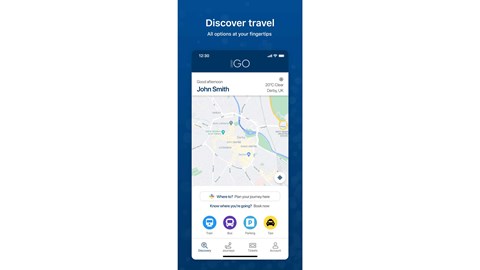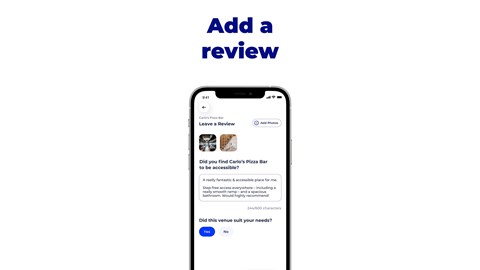► Urban mobility pilot project under way
► Students encouraged to lower their carbon footprint
► Other Toyota backed-schemes to follow
Plenty of car makers have started referring to themselves as mobility providers (when they’re not too busy labelling themselves as luxury brands or tech companies). But Toyota really means it. Proof? It’s backing an 18-month experiment that would seem to have absolutely no benefit in it for anyone making cars.
Via its Kinto sub-brand, Toyota is involved in a partnership involving Derby City Council, Derby University and others working together to make it easier for students to get into, around and out of the city in a clean, safe way – chiefly on foot or cycle, in a bus or on a train. Lessons learnt from the project will be applied to other urban areas – including the 2024 Paris Olympics, for which Toyota is Worldwide Mobility Partner.

The project is starting simply, with an app that makes it easier for students new to the city to plan their journeys. But extra features will be added throughout the 18 months, with the aim of making it possible to not just plan, book and pay on your phone, but also potentially to give incentives to app users, such as lower fares, or better parking spaces to multi-occupancy cars.
Toyota has a factory just outside Derby. But aside from being a good neighbour, what exactly is in it for the company? Knowledge, chiefly. Richard Balshaw, Kinto UK Group vice president, explains: ‘We recognise, from Toyota’s perspective, that people will change the way they get from A to B. As people look at different alternatives, it’s very important to us to stay relevant. Mobility in its broader sense can encompass all forms of transport. With technology coming on, there are many more opportunities to share transport and access transport and mobility in different ways.

‘In all honesty, the commercials around mobility are still something that everybody in the industry is learning, and trying to understand. It’s a long-term investment. It’s not about immediate return for us. It’s much more about how do we build a business that is still relevant to people as society moves forward. I don’t think the immediate focus is a commercial one.’
Students are looking for solutions that don’t involve cars, according to Professor Chris Bussell from the University of Derby.
‘We are seeing a shift in our students’ behaviour, in terms of what is it students expect of their universities, what is it they’re expecting in terms of opportunities to contribute to reducing climate change, their ability to participate in that both actively and passively. We have a lot of students who commute into the university, around 50-54% are coming into and out of the city on a daily basis.
‘We are seeing across the younger generation a social consciousness, a mindfulness around their global impact, and within that they’re taking positive steps to play their part in reducing their carbon impact.
‘This project gives us the real-time data to be able to understand the way in which students interact within their travel arrangements.’

How realistic is it that lessons learnt in Derby will help shape clean, efficient travel around Paris at the 2024 Olympics? Prof Bussell says: ‘We’ve got to start somewhere. This opportunity is a way of beginning to understand what will create the behaviour change shift that we want in order to reduce carbon emissions.
‘Is it going to be difficult? Of course. You have to get real-time data, real-time feedback, from users. Things that went well, things that didn’t go well, things they’d like to see in the app. That gives us a really good chance to then start to build on that knowledge base, to start taking the extrapolations to other cities and other areas.
‘If it was easy, somebody else would have already done it.’